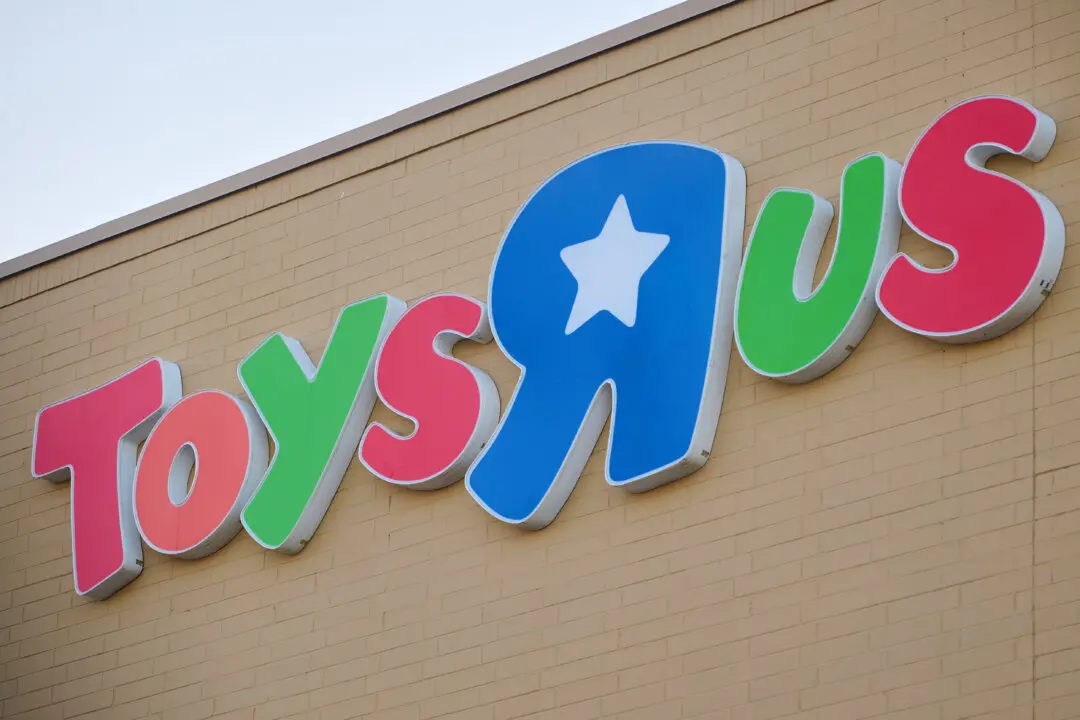A new survey has found that Canadians are feeling stressed from soaring inflation, particularly from higher grocery prices.
The FP Canada Financial Stress Index survey says that 38 per cent of respondents cite money as being the biggest source of stress for the fifth time in eight years, nearly twice as much as personal health, work or relationships.





